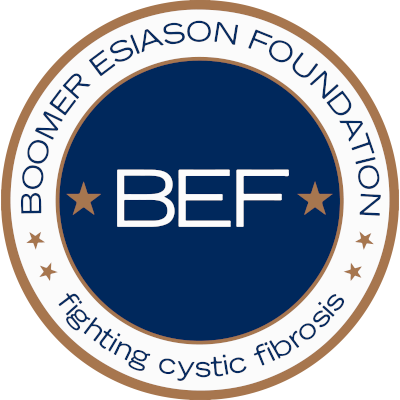Pharmaceutical company Pharmaxis today announced significant results of pooled data from its two large scale six month Phase III trials of Bronchitol (inhaled mannitol) in people with cystic fibrosis.
The combined results have been presented for the first time at the North American Cystic Fibrosis Conference (NACFC) currently underway in Baltimore. In addition, more results from the second trial (CF302) have been released to supplement the top line results reported on 22nd June 2010.
The two studies were of similar design and encompass 643 patients from 11 countries. Over the 26 weeks of the two studies, patients treated with Bronchitol had an average 7.3% improvement in lung function (FEV1) compared to baseline (p<0.001) and a highly significant improvement compared to patients in the control group (p<0.001). In the sub group of patients who were also on rhDNase, patients taking Bronchitol showed a 5.3% improvement from baseline (p<0.001), that was again superior to the control group (p=0.020). In the sub group of patients who were not on rhDNase, patients taking Bronchitol showed a 9.44% improvement from baseline (p<0.001), that was also superior to the control group (p=0.009). The overall rate per annum reduction in exacerbations for patients on Bronchitol versus those on control was 25% (NS) and the number of patients experiencing an exacerbation was 29% lower for those taking Bronchitol (NS). This result was achieved in a well treated patient population who overall had a very low rate of exacerbations in the study. “This comprehensive analysis of the pooled results provides an important insight into the overall benefits Bronchitol can provide to patients who are receiving current best standard of care” said Pharmaxis Chief Executive Officer Dr. Alan Robertson. “The number of exacerbations in the two studies was fairly low, reflecting the aggressive treatment with antibiotics that is now common practice in the clinic. Despite this, Bronchitol produced a clinically relevant reduction in exacerbations in patients completing the study, and together with recent data showed sustained benefit in lung function out beyond 18 months.” Other results from CF302 presented at the NACF conference underlined both the good safety profile of Bronchitol and patient adherence. Overall adverse events on Bronchitol were similar to those experienced on control with 7% of patients taking Bronchitol withdrawing due to adverse events compared to 4% of patients on control. There was no increase in the numbers of bacteria present in the lungs. The most commonly reported adverse event related to treatment was cough occurring in 6% of the Bronchitol group and 3.3% of the control group. Moira Aitken, M.D., F.R.C.P. (Edin), Professor of Medicine, Division of Pulmonary and CCM, University of Washington, and lead principal investigator of CF302, stated “We are excited by the results of the Bronchitol Phase III clinical program. Across both trials, inhaled mannitol was well tolerated and demonstrated an early and sustained improvement in lung function. This improvement in FEV1 was achieved on top of aggressive use of concomitant medications such as inhaled antibiotics and rhDNase. These results, coupled with Bronchitol’s novel formulation and portable dry powder inhaler administration, suggest that it will have a significant impact on CF patient well-being.” These conclusions were echoed by participants in CF302: “In treating CF, I take a lot of medications. Some are pills, like different antibiotics, and some are nebulizers or inhalers such as Albuterol, Pulmozyme. One in particular – tobramycin – I took when I was sick, but after taking Bronchitol I was able to stop that because it made such a huge difference in my pulmonary function test.” K. Age 18.
“Bronchitol was a portable medication, and that was certainly important, because I could go on a trip, and I didn’t have to drag along something like the nebulizer.” L. Age 18.
Bronchitol is designed to hydrate the airway surface of the lungs, which can then be cleared more effectively by ciliary clearance and coughing. It has received Orphan Drug Designation and fast track status from the U.S. Food and Drug Administration and Orphan Drug Designation from the European Medicines Agency. A marketing application has been submitted and is under review by the EMA.
Source: Pharmaxis
